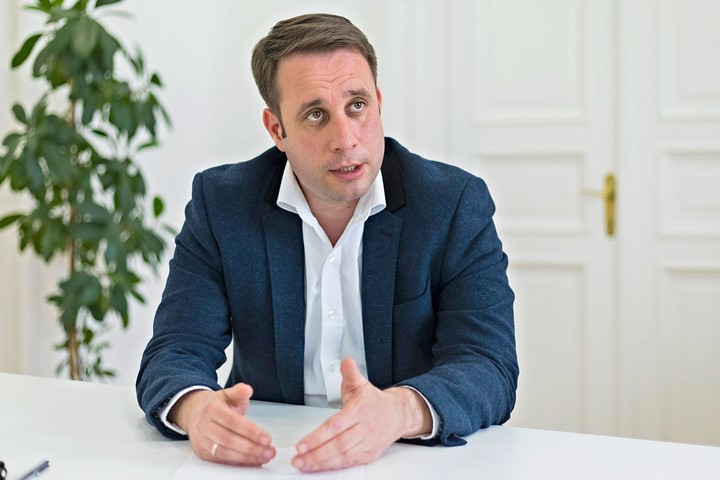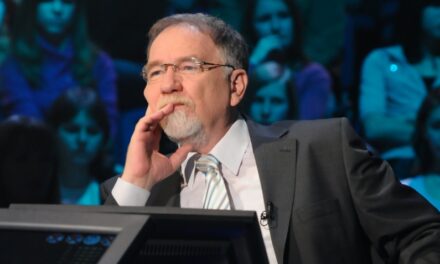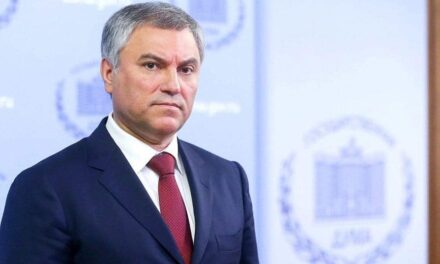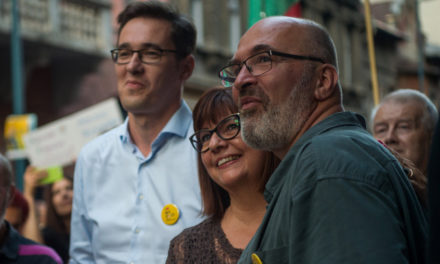European Union sanctions against Russia are harming Europe, said Csaba Dömötör, Parliamentary State Secretary of the Prime Minister's Cabinet Office, in Kossuth radio's Sunday Newspaper program.
He said that the sanctions have a great effect, but not where they should. The EU sanctions do not put burdens on the country that started the war, but on Europe and the European economy, which are increasingly difficult to bear, he added.
The politician explained that energy prices have risen to unprecedented heights and
the largest and most sustained price increase did not occur at the outbreak of the war, but since the floating and acceptance of the energy sanctions.
He believed that EU sanctions do not help in terms of their original purpose, but harm Europe. There isn't a person in Europe who doesn't feel the inflationary effect of the spoiled sanctions policy in some way, from the utility bill to transportation to agriculture, he said.
In relation to the sanctions in Brussels, they promised that they would be a miracle weapon, but in fact they have become an unleashed tool of economic self-mutilation, which is why this needs to be changed, said the state secretary.
He pointed out that while the European economy is slowing sharply, unemployment is increasing, the euro is constantly weakening against the dollar, the economic downturn in Russia will be smaller than expected, and the world's second largest balance of payments surplus will be displayed. Russia is increasing its energy income even by selling less gas to Europe, Gazprom's income increased by 85 percent, he noted.
According to Csaba Dömötör, Brussels has chosen a very wrong area for the demonstration of power with the energy sanction. Europe is vulnerable to Russian gas transport, instead of changing direction, the Union would expand the range of measures, introduce a price cap on Russian gas transport, which is a sanction disguised as a trade regulation, and would entail the serious risk that Russia could stop gas transport, he explained, adding:
"if this happens, there will be nothing to put a price cap on".
The state secretary pointed out that several member countries take a negative position regarding the expansion of the EU energy sanctions. In the short term, it would lead to serious supply disruptions if Russia were to stop gas deliveries as a response. This step would affect Eastern European countries more, Hungary's dependence on Russian gas transport is 85 percent, he said.
He confirmed that, according to current knowledge, there is no need to prepare for supply problems or outages based on existing contracts and the capacity of Hungarian gas storage tanks.
The Hungarian Minister of Foreign Affairs has done everything in recent months to be able to obtain additional gas shipments for the country, he pointed out. According to the state secretary, the significance of the government's decision, according to which the gas storage facilities should be returned to Hungarian hands, is now truly visible. The Hungarian storage facilities have quite a large capacity, their capacity is at the forefront of Europe, stated Csaba Dömötör.
MTI
Photo: MH/Tamás Purger













